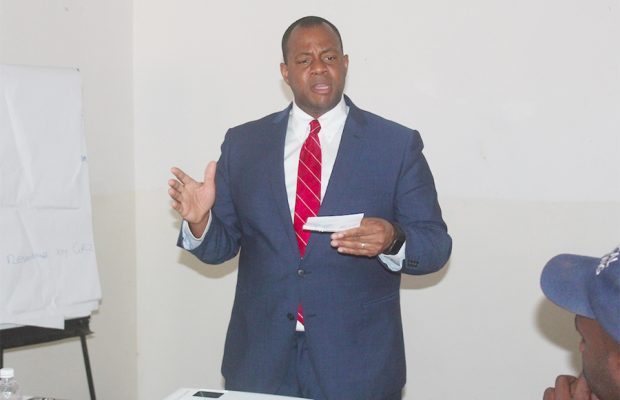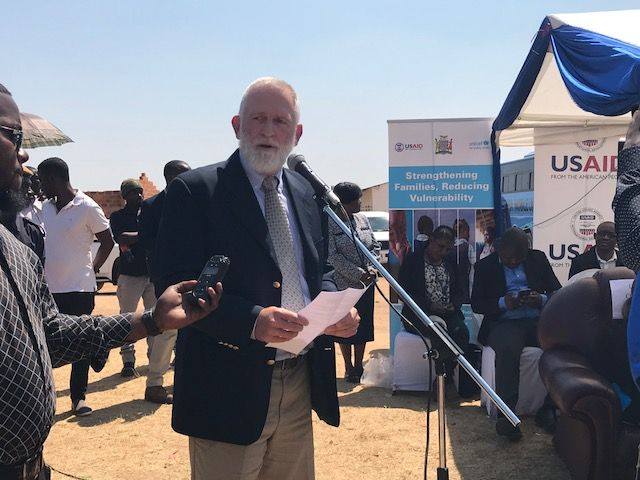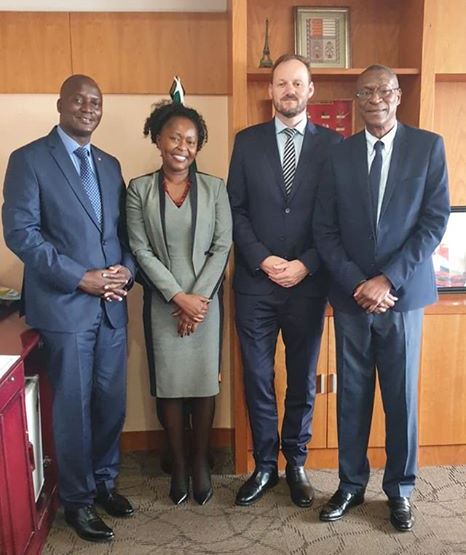United States Commits ZMW 525 Million ($25 Million) to Reduce Deforestation in Zambia
Notice: Undefined index: catFilterList in /home/zambi/public_html/wp-content/plugins/wp-likes/api.php on line 243

U.S. Embassy Zambia Public Affairs Officer Sean McIntosh
By Sean McIntosh
Public Affairs Officer
U.S. Embassy Zambia Press Office
Embassy of the United States of America
LUSAKA, ZAMBIA
Phone: 021357000
NR/1260/01/27/2021
Wednesday January 27, 2021
The United States and Zambia Partnering Together
ZAMBIA’S forests are home to abundant wildlife and serve as a natural defense against climate change. Due to the illegal production of charcoal, however, the nation’s forests are facing unprecedented stress and are rapidly shrinking.
Under the newly awarded Alternatives to Charcoal project provided through the U.S. Agency for International Development (USAID), the U.S. government will work with the local private sector companies and the Zambian government to promote commercially viable alternative fuels to charcoal, curb charcoal-related deforestation, and provide alternative livelihoods for charcoal-producing communities.

USAID Zambia Deputy Mission Director Thomas Crubaugh prods sustainable management of forest resources
“This project represents the flagship investment by USAID/Zambia to counter climate change and contribute towards our goal of poverty reduction through a market-driven approach that encourages the sustainable management of forest resources,” said USAID/Zambia Deputy Mission Director Thomas Crubaugh.
USAID awarded Tetra Tech ARD the five-year, ZMW 525 million ($25 million) contract to increase the adoption of renewable energy technologies and reduce greenhouse gas emissions in Zambia, with the goal of reducing charcoal energy consumption by 25 percent and reducing deforestation directly attributable to charcoal production by almost seven percent.
“Tetra Tech has supported USAID to promote renewable energy and manage natural resources in Africa for 40 years,” said Dan Batrack, Tetra Tech Chairman and CEO. “We are pleased to continue using our Leading with Science approach to promote alternative technology solutions to address the impacts of climate change in developing countries.”

Tetra Tech Chairman Dan Batrack
USAID’s Alternatives to Charcoal project will take a market-driven approach to reducing charcoal consumption and partner with the Zambian government to create a facilitative business environment that encourages the private sector to provide affordable and more forest-friendly cooking fuels for Zambian households.




















